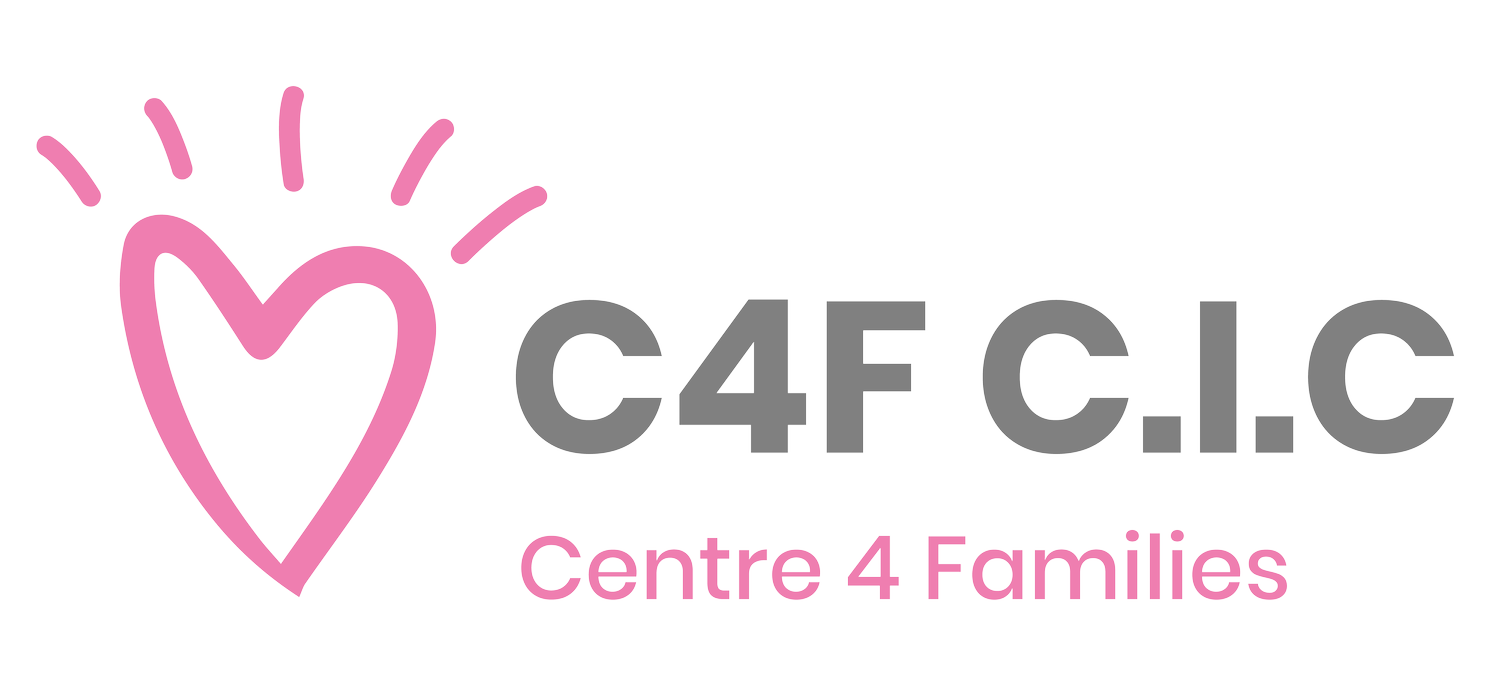Lone Working Policy
Lone working in community contacts.
Any contact taking place in the community must first be risk assessed by the referring social worker and management team to deem whether the request is appropriate.
This is achieved by having a thorough and detailed referral form.
A pre-visit meeting is held with the family members where they must agree to adhere to all terms and conditions.
The manager/coordinator and social worker (if relevant) will risk assess the arrangements and venues.
If there are more than three or more children, then there will be two supervisors.
No contact with known risk can take place outside of a contact centre.
The manager /coordinator will inform the children’s carers and parents who the names person/s will be supervising the contact.
If the community contact is to take place in the child’s placement, then the carer needs to also be in the placement. The supervisor is not to be left alone in the placement with the visiting parent.
The manager/coordinator will make sure the details of the contact are correct and give telephone numbers of
All parties attending contact
Social worker
Child’s carer
Manager/coordinator and/or out of hours emergency contact
The contact worker should inform the manager/coordinator when contact has finished and that everyone is safe.
If any issues arise during contact, the worker is to call the manger/coordinator to discuss these and get advice. If the contact is after hours, then the contact worker is to call the designated emergency contact person to get advice.
Any persons participating in contact outside of the centre who subsequently breach the terms and conditions of contact will have community contact withdrawn immediately. Contact in the centre may also be suspended pending a review.
A contact supervisor must take their mobile phone with them. The supervisor is responsible for checking that their phone is fully charged and ready for use.
They must inform staff where they are going and the time they will return back to the centre.
At the end of the contact the worker should call the centre and inform them they have finished the contact and whether they will be returning back to the centre.
If the management team have not heard from the contact worker within the agreed time frame following the end of the scheduled contact, they will call the staff member until they have contacted them.
If they have not been able to contact them within an hour, then the senior on duty needs to be informed.
Agency staff members must be using the mobile telephone number they have given their agency and update them of changes.
If there is a serious incident, then the manager will contact the agency workers employer who will contact the supervisors next of kin.
The supervisor must be aware of the child’s legal status when leaving the building. i.e interim care order
The supervisor should have the telephone number for the centre and the name and contact number for the allocated social worker if relevant. All relevant mobile numbers will be stored on the phone.
If return is delayed, the supervisor must call the centre staff by the return time to explain the reason why and ensure staff are aware of the supervisors’ movements.
Visiting parent/families must not meet up with other persons outside the centre without prior agreement with the social worker/referrer and/or centre staff. Contact outside of the centre must take place accordingly to the instructions contained within the contract agreement i.e where the person can go within the contact time.
IN SITUATIONS WHERE RESISTANCE IS MET, YOU MUST ALWAYS PUT YOUR SAFETY FIRST! DO NOT EVER ATTEMPT TO STOP A PARENT/RELATIVE TAKING THE CHILD AWAY. FIND A SAFE PLACE AND CALL THE POLICE.

